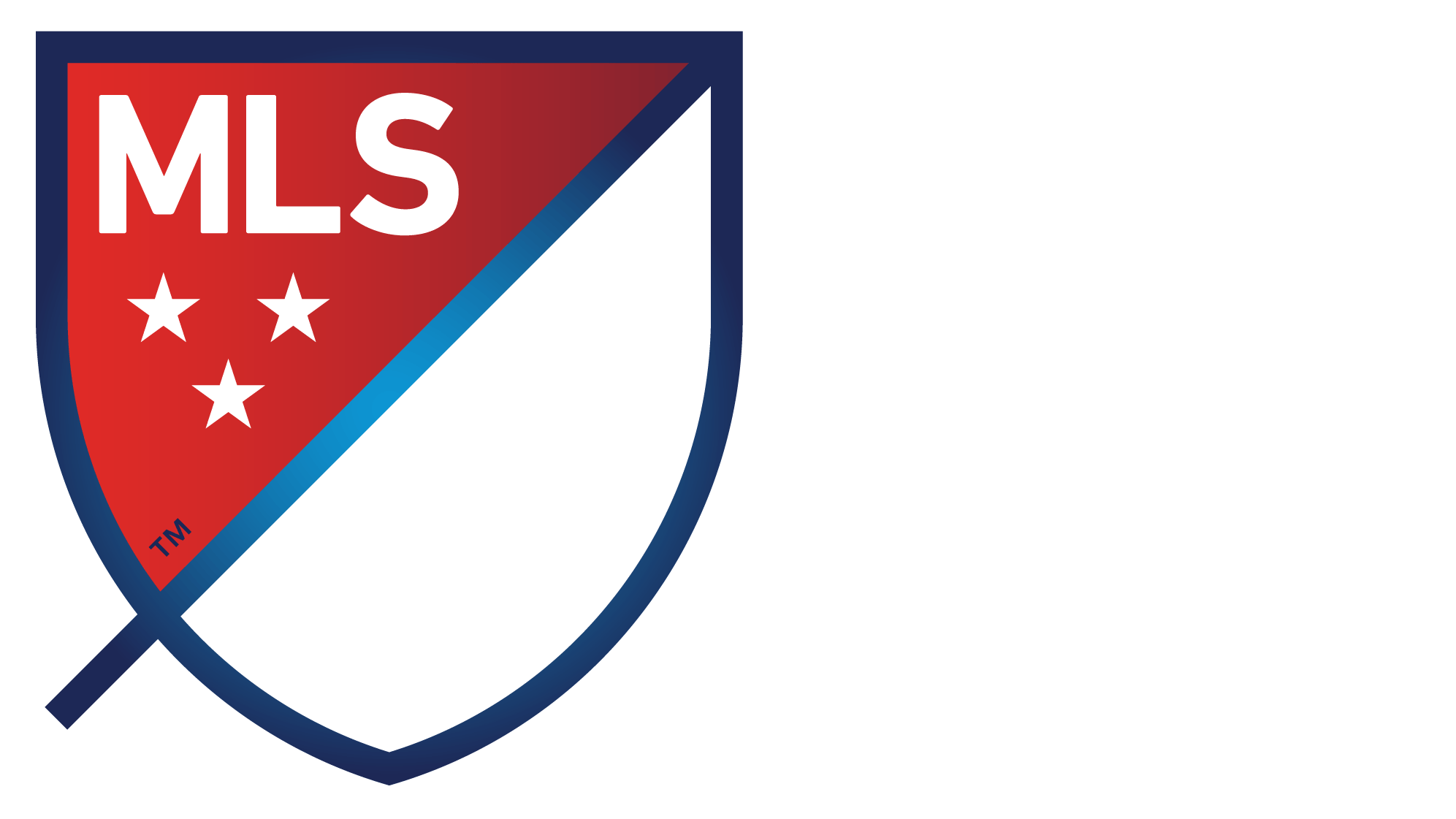MLS Bans Pride Flags at 2025 FIFA Club World Cup Matches, Sparking Controversy
Major League Soccer (MLS) has announced a decision that is already causing waves: Pride flags will not be allowed in stadiums during the 2025 FIFA Club World Cup, a tournament that will be hosted in the United States. This controversial move has sparked intense debate, drawing both criticism and support from various corners of the sports and LGBTQ+ communities.
A Debate Over Expression in Sports
The decision reflects an ongoing conflict between sports organizations and the balancing act of social and political expression within their venues. Critics argue that banning Pride flags undermines inclusivity and sends a negative message to LGBTQ+ fans, particularly at an event that draws global attention. Advocates for the ban, however, view it as a step to depoliticize the game and maintain neutrality on divisive issues.
“This is bigger than just a flag,” said one LGBTQ+ activist. “It’s about whether sports can truly be a space where everyone feels welcome.”
The Tournament: A Global Spectacle
The 2025 FIFA Club World Cup, scheduled from June 15 to July 13, will feature top club teams from around the world competing for the prestigious title. The tournament will take place in multiple U.S. cities, showcasing some of the best soccer talent on the planet. With massive global viewership and packed stadiums expected, this event will be a focal point for fans and media alike.
For MLS, the Pride flag ban is a preemptive measure to avoid any potential controversies or disruptions during the tournament. However, critics argue that this approach risks alienating fans and undermining the inclusive spirit of soccer.
Balancing Politics, Sports, and Inclusion
The intersection of politics and sports has long been a contentious issue, and the MLS decision highlights the ongoing struggle to find common ground. Supporters of LGBTQ+ rights have called for a reversal of the policy, emphasizing the importance of representation in a global event.
On the other side, proponents of the ban believe sports stadiums should remain apolitical zones, free from symbols that could spark division among fans.
A Broader Conversation Ahead
As the 2025 FIFA Club World Cup approaches, the decision by MLS is likely to remain a hot topic. With global attention on the U.S. as the host nation, how this controversy unfolds could set a precedent for future events.
In the meantime, fans, activists, and sports organizations will continue to grapple with the larger question: How can sports foster inclusivity while navigating the complexities of political expression?
The 2025 FIFA Club World Cup promises to be a thrilling competition, but it’s clear that the conversations off the field will be just as impactful as the action on it.
